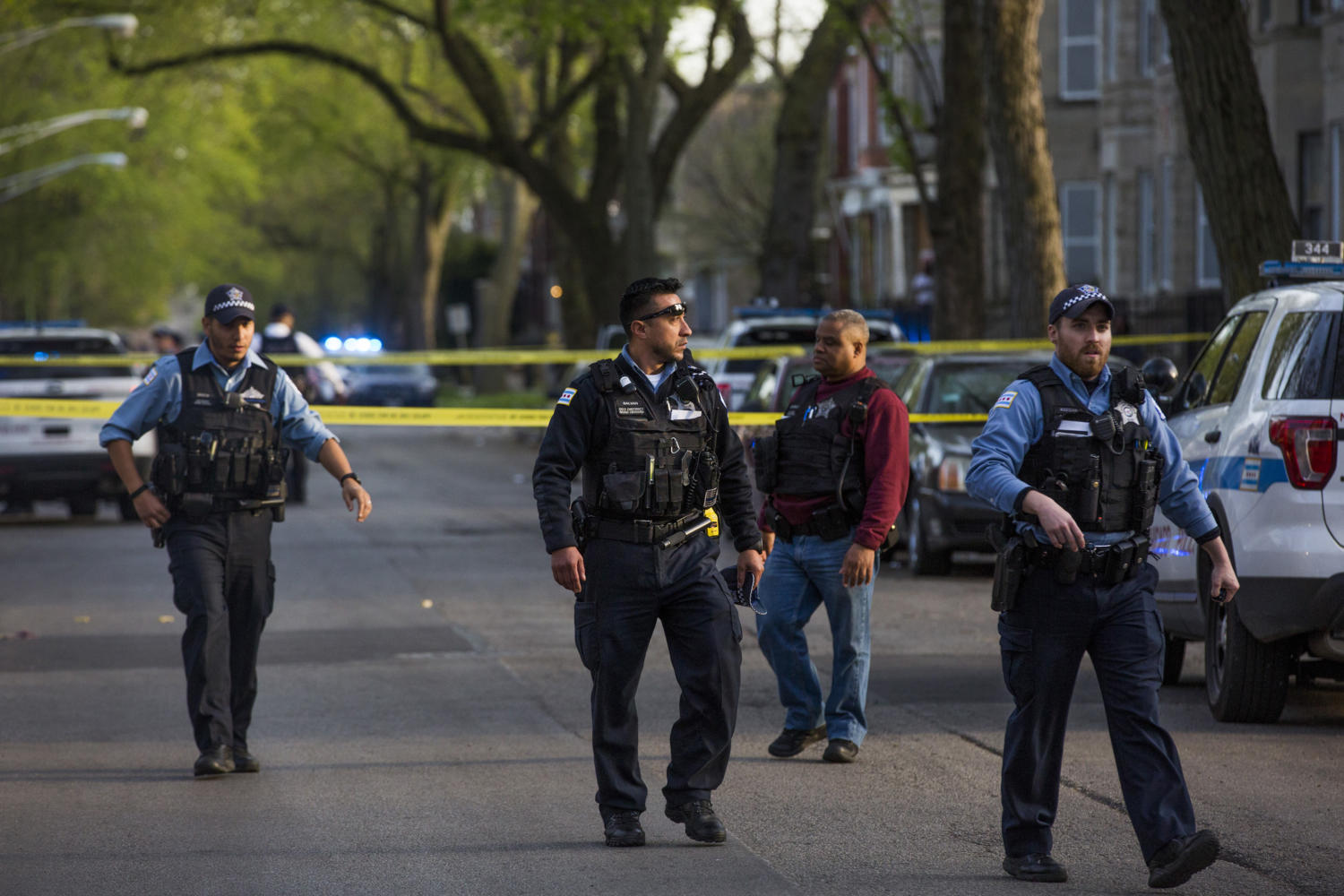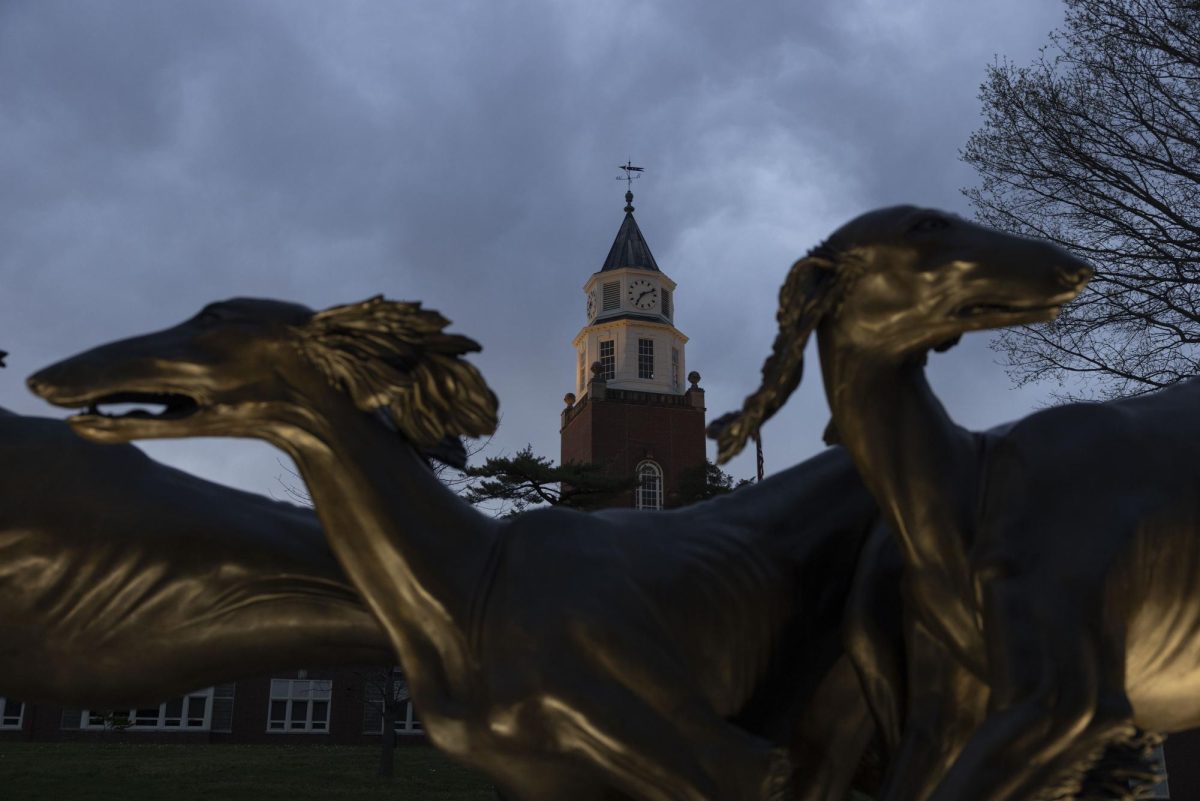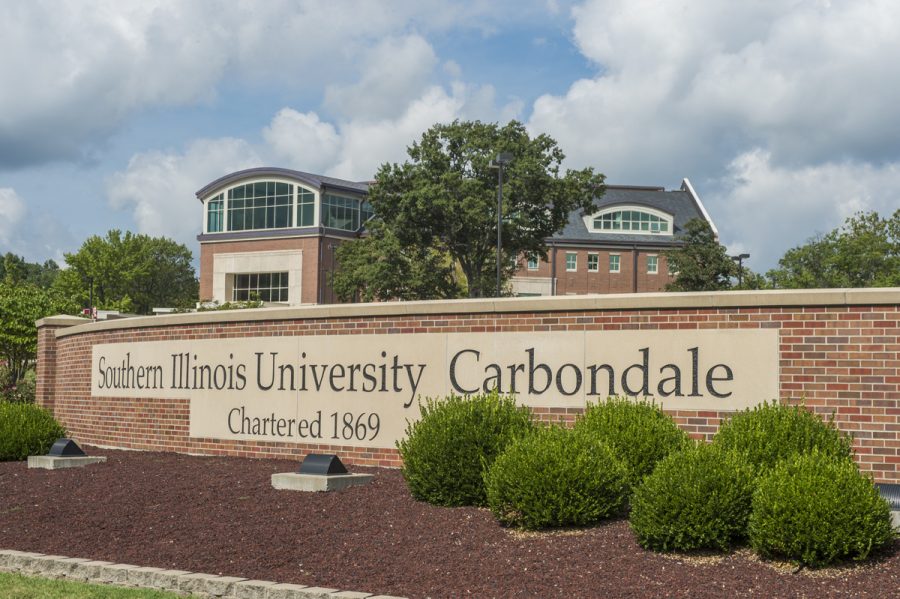AG Madigan sues to enforce Chicago police reform; Emanuel pledges cooperation
Members of the Chicago Police Department investigate the area where two people were shot in the 6400 block of South Eberhart Avenue on April 24, 2017, in Chicago, Ill. (Armando L. Sanchez/Chicago Tribune/TNS)
August 29, 2017
Illinois Attorney General Lisa Madigan on Tuesday went to federal court to ask a judge to oversee police reform in Chicago, with Mayor Rahm Emanuel characterizing the lawsuit against the city as a “partnership.”
It’s another pivot on the issue for Emanuel, who just prior to the end of President Barack Obama’s administration announced he was working with the U.S. Justice Department on a so-called consent decree. The mayor later blamed U.S. Attorney General Jeff Sessions for not wanting a consent decree and sought to negotiate a reform agreement that would not involve court oversight.
Madigan was a critic of that switch, as were some African-American public officials and community and religious leaders. Nevertheless, Emanuel showed little sign of backing off his pursuit of a deal with the Trump Justice Department that he said would get the same results on police reform as a consent decree.
Advertisement
Now Madigan has sued the city, forcing Emanuel’s hand. As part of the negotiating process, there are expected to be public forums on the issue of police reform, which already have been the subject of a scathing Justice Department report on the Chicago Police Department and an equally harsh assessment by the Police Accountability Task Force.
That task force, and the Justice Department investigation into civil rights violations at the Police Department, came in the wake of the late 2015 release of a police dashcam video showing a white police officer shooting black teen Laquan McDonald 16 times. Officer Jason Van Dyke has been charged with murder in the case.
The Obama administration’s Justice Department report in January criticized Chicago police as badly trained, poorly supervised and prone to using excessive force, with disproportionate effects on minority city residents.
Madigan’s 35-page lawsuit relies heavily on the findings of the Obama Justice investigation. The suit alleged a long history of failures within the Police Department, including a “repeated pattern of excessive force and racially discriminatory policing practices” that the city has failed to correct despite numerous scandals and reform attempts going back decades.
The distrust between the police and the neighborhoods they serve — particularly minority communities — reached a “flashpoint” with the court-ordered release of the McDonald shooting video, according to the suit.
Attempts by the Emanuel administration to start the reform process so far have proved “insufficient to eliminate the city’s decades-long problems,” according to the suit.
The suit states that a court order “mandating effective lasting changes is the only way to restore the badly broken trust between Chicago’s residents and CPD and increase safety for residents and police officers.”
Advertisement*
The suit also noted the financial costs of police misconduct, including $662 million in settlements, judgments and other legal fees for lawsuits filed against the department from 2004 through early 2016. It states that all residents of Illinois have a vested interest in correcting the issues in the Chicago Police Department, in part because of the medical costs incurred by the state to treat victims of abuse by officers.
In addition to a judicially enforceable consent decree, the suit seeks the appointment of an independent monitor required to submit reports that will be available for the general public.
___
(c)2017 the Chicago Tribune
Visit the Chicago Tribune at www.chicagotribune.com
Distributed by Tribune Content Agency, LLC.
Advertisement










